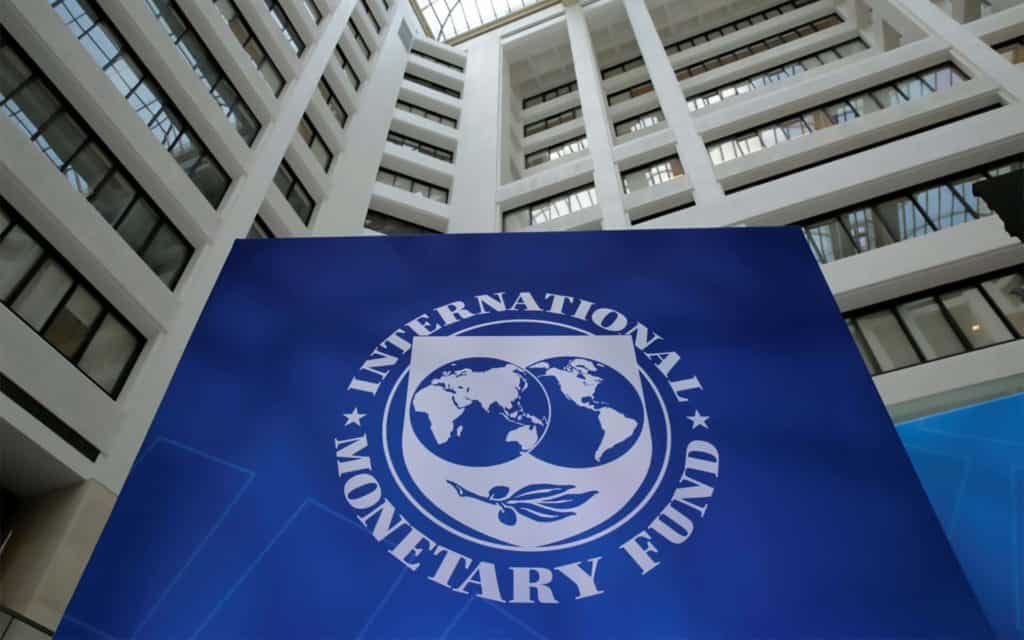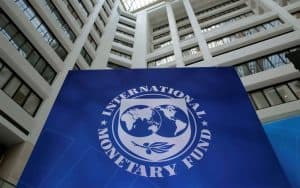Join Our Telegram channel to stay up to date on breaking news coverage
Before the COVID-19 pandemic, the correlation between Bitcoin, Ether, and financial markets was generally low. However, after the pandemic, crypto assets have performed in a manner that reflects the performance of the traditional finance system. The International Monetary Fund (IMF) has noted this correlation, saying that Asian countries were adopting digital assets, showing the growing need for regulation.
Growing crypto adoption in Asia
According to the IMF, digitizing the payment system could foster the environmental-friendliness of the sector and support financial inclusion. However, there was the potential risk of financial instability following the integration of crypto assets within Asia’s financial system.
Investors in Asia have been accumulating crypto in a trend that reflects the broader cryptocurrency market. According to the IMF, the correlation between the performance of the equity markets in Asia and cryptocurrency assets has grown significantly since the beginning of the pandemic.
Your capital is at risk.
The economists that the return correlations between Bitcoin and the stock markets in the country had increased by ten times during the pandemic. This indicated a “limited risk diversification” benefit of the crypto market. Moreover, the volatility correlations have surged by three times, indicating a potential for spillovers of risks between the crypto and equity markets.
The correlation between cryptocurrencies and the Asian equity markets had reached a new record high. Some factors that have triggered this growth include the acceptance of crypto-focused firms and investment vehicles in stocks and over-the-counter markets. The growth in retail and institutional crypto adoption has also played a key role.
The IMF has also said that the growth in crypto-equity correlations in the Asian continent was accompanied by a rise in the volatility between crypto and equities. The correlation between the two assets also allowed the transmission of shocks affecting the financial markets.
The growing need for regulations
Despite the growing need for regulatory clarity following the growth of crypto activity in Asia, several countries have chosen to adopt stringent measures or push for implementing blanket bans. The crypto regulatory frameworks in India, Thailand, and Vietnam have also been slow.
Economists at the IMF also believe that the regulatory frameworks for cryptocurrencies should support the primary uses of these assets within the country. The IMF recommends that the regulators create clear regulatory guidelines on regulated financial institutions to educate and protect investors. Crypto regulations should also be coordinated across all jurisdictions.
Read more:
Join Our Telegram channel to stay up to date on breaking news coverage


